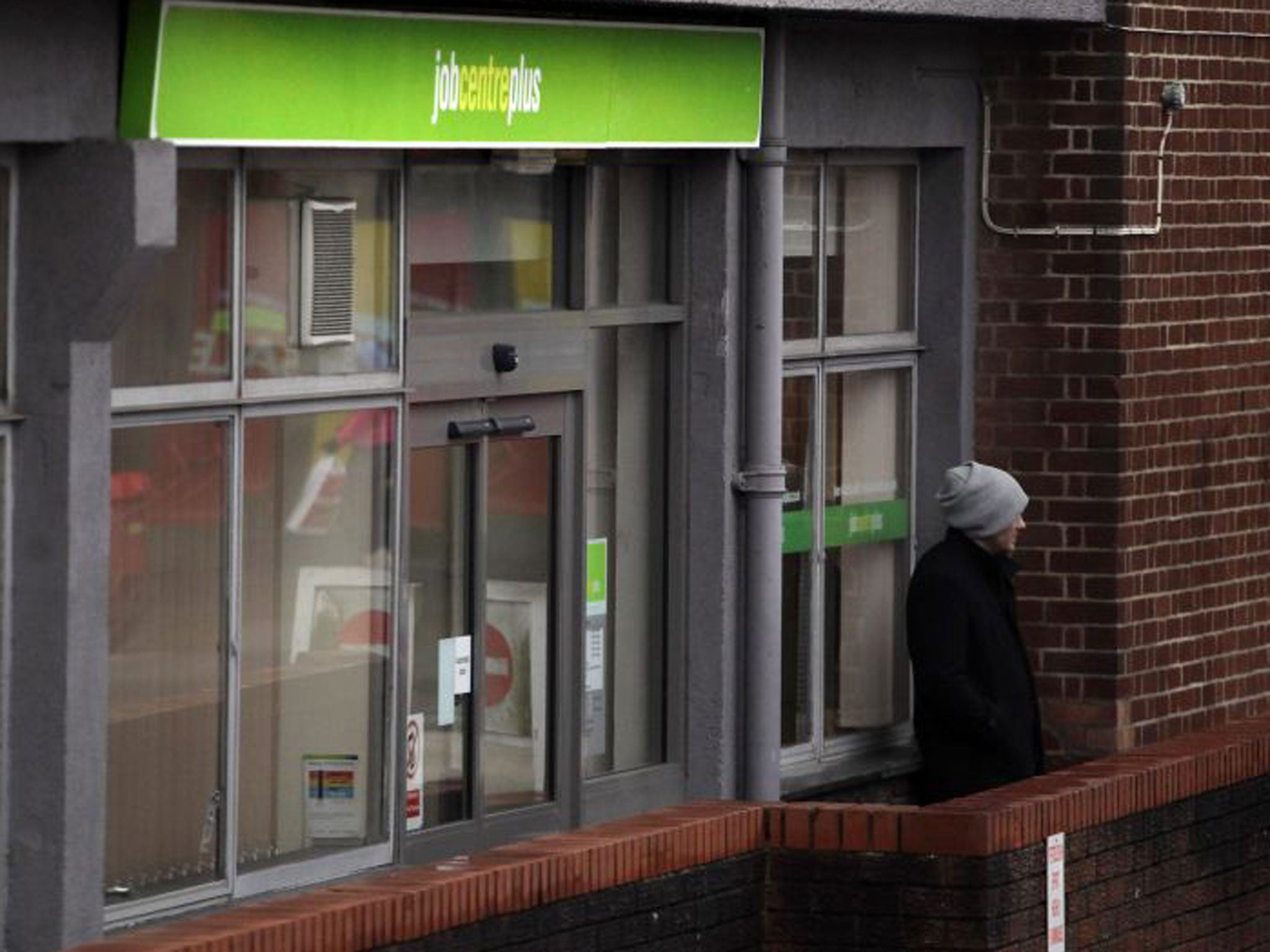Young people in the UK spend more time unemployment than their counterparts in Europe, says OECD

Your support helps us to tell the story
From reproductive rights to climate change to Big Tech, The Independent is on the ground when the story is developing. Whether it's investigating the financials of Elon Musk's pro-Trump PAC or producing our latest documentary, 'The A Word', which shines a light on the American women fighting for reproductive rights, we know how important it is to parse out the facts from the messaging.
At such a critical moment in US history, we need reporters on the ground. Your donation allows us to keep sending journalists to speak to both sides of the story.
The Independent is trusted by Americans across the entire political spectrum. And unlike many other quality news outlets, we choose not to lock Americans out of our reporting and analysis with paywalls. We believe quality journalism should be available to everyone, paid for by those who can afford it.
Your support makes all the difference.Young people in the UK spend more time out of work or on the dole than their counterparts in other western countries, according to an influential report out today.
They can expect to spend an average of 2.3 years either unemployed or out of the labour market entirely between the ages of 15 and 29 - compared with 1.1 years in Luxembourg and the Netherlands, 1.2 in Iceland, 1.3 in Norway and Switzerland and 1.7 in Germany and Australia.
The figures are contained in an annual international survey of education system, Education At A Glance, by the Organisation for Economic Co-operation and Development and were immediately seized upon as a “shaming testimony” to the UK’s failure to provide decent vocational education.
“We can’t afford the economic and social cost of such shocking dropout levels,” said Sir Peter Lampl, chairman of the Education Endowment Foundation - dedicated to breaking the link between family income and educational achievement. “If young people don’t develop their skills in work or education, they lose what they have already learnt and rapidly become unemployable.
“Our one million NEETS ( young people not in training, education or employment) are a shaming testimony to our collective failure to get vocational education right and the OECD is right to highlight how poorly we compare with many other countries in this regard.”
Andreas Schleicher, head of education at the OECD, said figures showed a drop-out rate of 40 per cent in the UK from education between the end of compulsory education at 16 and 18.
“Indeed, the UK has one of the lowest percentages of 15 to 19-year-olds and 20 to 29-year-olds enrolled in education amongst OECD countries,” the report added.
Those who left education had become the “victims” of the economic squeeze which started in 2008. “What has actually struck us is the impact of the financial and economic crisis has emphasised the value of a good education,” he added. “It has been a lot worse for people with low qualifications than the people with high qualifications.
“The biggest risk for those in the UK is really for those who don’t go down the academic route to education. Countries with a strong vocational education system have a much better way of quickly getting people into employment.”
He said the lack of a strong vocational route in education was “a big weakness in the UK”. “I think it is a big question for the UK,” he added.
Mr Schleicher doubted whether government plans to raise the education leaving age to 17 from September and 18 would have much impact without a drive to improve vocational education and the standard of apprenticeships. “Locking people up in school does not necessarily lead to better skills,” he added.
Neil Carberry, the CBI’s Director of Employment and Skills, also warned the UK was facing “a critical lack of skills which risks holding back our long-term growth”.
Government plans to introduce tougher GCSEs were “not an end in themselves”, he added. “We need to ask how relevant high stakes national exams at 16 will become over the coming years as the demand for higher skills increases.
“We need to end ingrained snobbishness about technical education.”
The annual survey - the most comprehensive world-wide guide to trends in education - also reveals that the UK has one of the youngest teaching forces in the western world - with 60 per cent of primary school teachers below the age of 40 compared to an international average of 41 per cent. Experts believe younger teachers are far more willing to adapt to changes to the way education is delivered than an older workforce would be - a finding which might well be music to the ears of Education Secretary Michael Gove as he strives to implement is school reforms.
Join our commenting forum
Join thought-provoking conversations, follow other Independent readers and see their replies
Comments